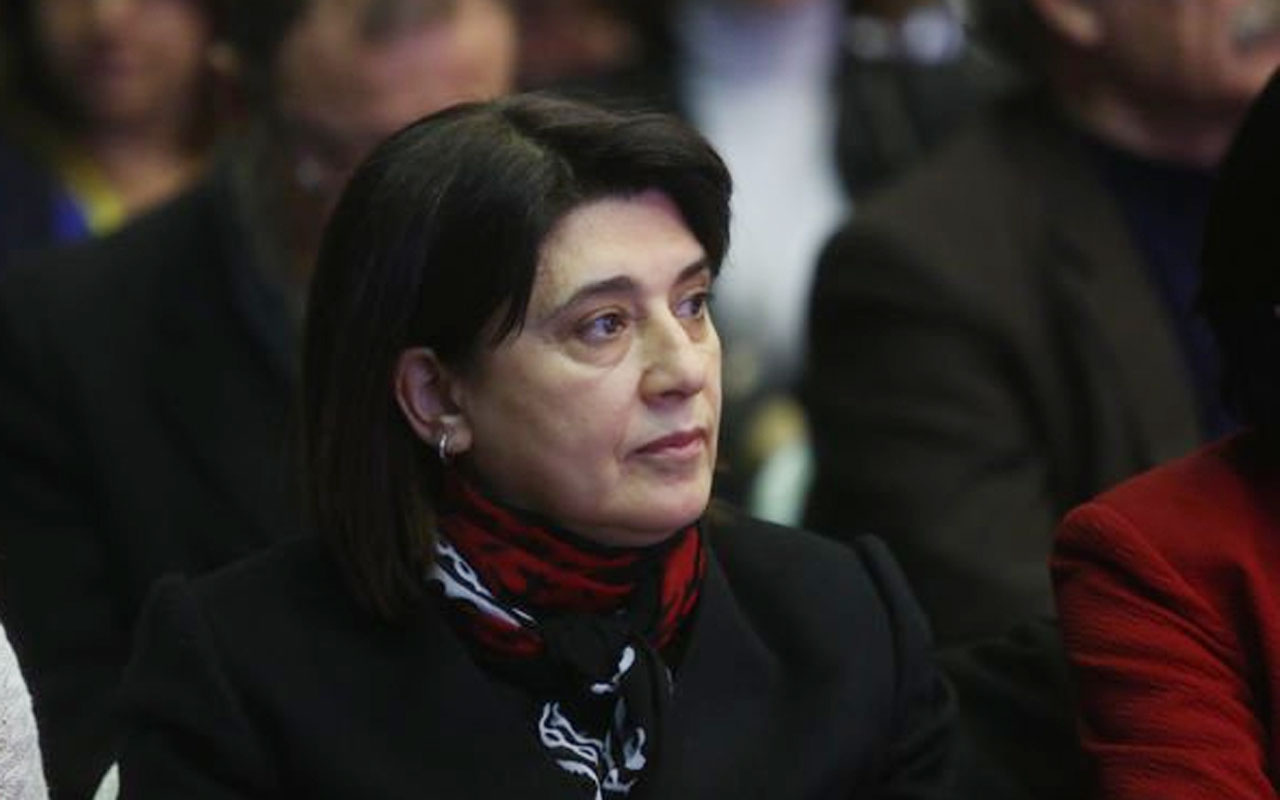
In the process, she learned to speak Turkish. Whereas she had been heavily influenced by her relatives, now she was forced, as she puts it, "to think for myself and act for myself." During the next few years, she followed her husband from prison to prison, from Diyarbakir to Aydin, from Afyon to Eskisehir. Leyla was now a young, single mother her son, Ronay, was five, and she was pregnant with her daughter, Ruken. He was subsequently sentenced to thirty years in prison. Mehdi Zana was among thousands of activists who were arrested for their political beliefs.

The 1980 military coup in Turkey, however, brought about a new wave of scrutiny and persecution for Kurds. The following year, her husband was elected Mayor of Diyarbakir by an overwhelming margin. Through him, Leyla encountered state repression in its fullest, and that inevitably politicized her.Īfter moving to Diyarbakir (the major Kurdish city in Eastern Turkey) with her husband, Leyla gave birth to their son, Ronay, in 1976.

Ironically, it was her marriage to Mehdi, a Kurdish activist, that presented her with the possibilities for change in both her personal and social conditions. Recalling her frustration at the time, when she angrily beat her father with her fists-something no other Kurdish girl would do-she says: "I don't blame my family or my husband, rather I blame the social conditions. She attended elementary school for a year and a half, only to be stopped by her extremely traditional father, who did not believe in educating girls.Īt the age of fifteen she was married to her father's cousin, Mehdi Zana, a man twenty years her senior. Defiant of the strict religion and a male dominated social order, she refused to wear a head scarf before she was married, and afterwords she wore one for a short time only.

One of four sisters and one brother, Leyla was a rebel from childhood. Leyla Zana was born in May 1961 to a traditional family in the small village of Bache in Eastern Turkey.


 0 kommentar(er)
0 kommentar(er)
